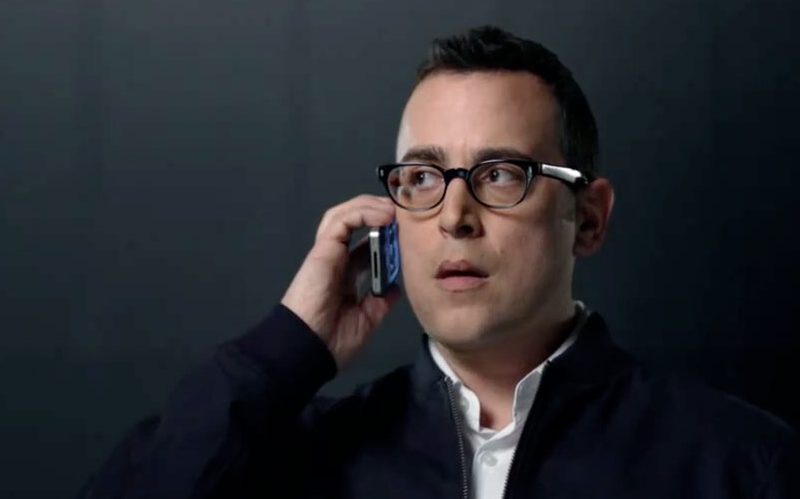What Did He Say?
There is a large range of both simple and subtle techniques to make any kind of public speaking more effective. However, there is a single consideration that comes before any other: are the lines of communication open? Can you hear and understand me?
It is a point so obvious and simple that apparently deserves little consideration. However, in my 15+ years of regular Mass attendance (I’m a convert) and after listening to hundreds of different priests and religious preach, I can say with confidence there is need for more than just a few moments of reflection on this idea. In fact, just yesterday an 80 year old Catholic man told me how difficult it is to hear his priest, because “Father doesn’t know how to use the dang microphone!”

Mic Check
Any professional communicator is trained from day one to both have “microphone awareness” and an ability to project their voice. Part of the “expertise” is the ability to make even less than ideal situations seem to go smoothly. Sound systems can be complicated to get just right, but they follow a few simple rules that a public speaker needs to keep in mind.
- Each type of microphone has an optimal distance it should be from your mouth.
- A microphone is not designed to do ALL the work. The voice must still product a quality sound for it to amplify. Speak up and speak clearly.
- Feedback is caused when the microphone picks up sound from the speaker(s) that amplify it. When feedback starts, turn the mic off, cover it, or move.
- They audience’s facial expression will let you know if they can’t hear you or something is wrong. Pay attention to their reaction.
- It is easier for an audio technician to turn your volume down than turn it up.
- Technology WILL malfunction, and projecting may be necessary. Be ready for anything.
Off to the Races
Once volume is out of the way, speed, diction, and pronunciation can still make it difficult to understand a preacher. Often nervousness can get in the way, but even I have worked with seasoned preachers who just have a bad habit of talking too fast–and no one has ever told them, “Father, I can’t understand when you ramble.” I know someone who has been a priest for over 30 years. The poor guy has no idea he sounds like he is announcing a horse race. It may be difficult to get an idea of your speed by only reflecting on past preaching, so simply having someone record you once or twice will do wonders to give an idea of your speed and diction. If all else fails, just ask someone who will give you an honest answer.
The (Foreign) Elephant In The Room
Another common issue (at least for American parishes) is foreign accents. We don’t like to talk about it, because an accent is closely related to you identity, but it has nothing to do with race. In general, different cultures appreciate (and understand) different accents more than others. Americans tend to have less contact with other languages and have a harder time understanding. If you are speaking in a language other than your own, you need to know people may have a hard time understanding you. However, there is hope! Not everyone has a gift for pronouncing a different language, but with effort improvement is possible. Again, the key is to simply ask someone who will give an honest answer and then find someone to help you work regularly.
Pass the Dictionary Please
Lastly, the vocabulary you use has to be appropriate for the audience. Some of the best homilies I have ever heard were actually intended for kids. They contained big ideas in a simple, clear way. You don’t always have to talk down to the lowest vocabulary count in the room, but it is important to know who your audience is and where they are at. Our Lord was able to impress scholars of the law, reach anyone who came to listen, and even communicate God’s love to simple children. Just know who you are talking to.